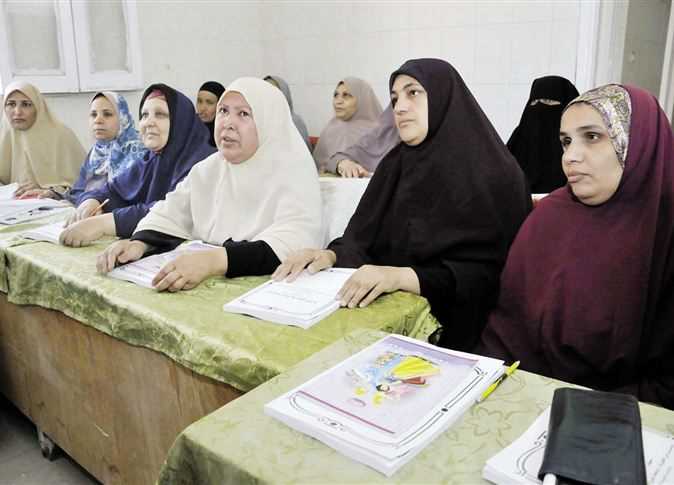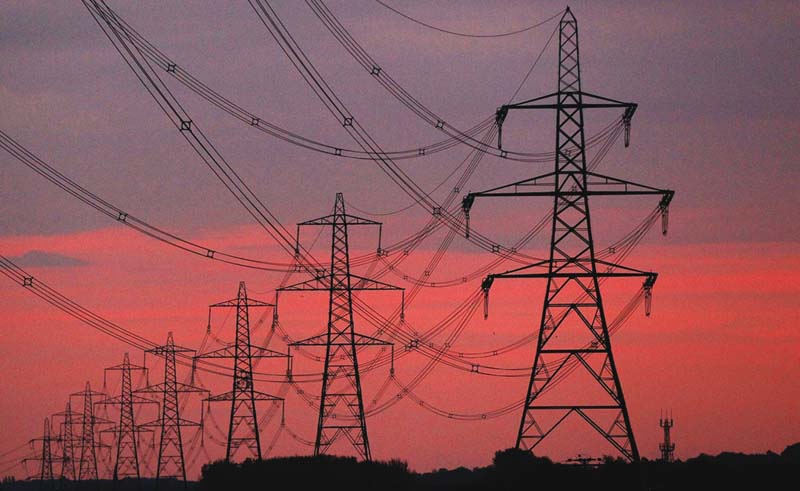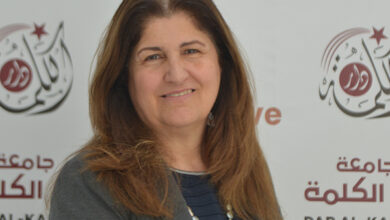
What if Egypt takes the initiative to issue a binding decision to eradicate illiteracy for the underprivileged that do not have the chance to obtain a degree of education at Egyptian universities, by training ambitious, energetic young female students to become teachers?
These young women can benefit society positively and productively, provided we begin this experiment amongst female university students who perform the final exam for the undergraduate level. This experiment could assign them to teach literacy classes for a month until their graduation results arrive, tying the students’ graduation certificate to require a document stating that they have already performed a public service in eradicating illiteracy.
In my opinion, this is a win for these women, as all of them in this age group are preparing to finish their academic stage and embark on a life full of responsibilities and challenges.
They will welcome this experience if it is thoroughly organized by the state, similar to the recruitment required of male university graduates. The state can distribute the female students according to their places of residence. Thus, they will feel that this public service, to benefit citizens who have been deprived of education’s blessing, is a national duty that they must perform.
Perhaps some of these girls will even choose to help the illiterate out of a sense of patriotism and social solidarity until they find a suitable job after graduation.
In light of prevailing unemployment, the state can also announce a project to eradicate illiteracy with a symbolic salary for unemployed women who may need temporary financial compensation to help with household expenses.
Ideas to push the wheel of literacy forward are endless!
The Head of the General Authority for Adult Education in Egypt, Ashour Emary, called to compile accurate statistics of illiterate citizens with addresses and national identification numbers from the Central Agency for Public Mobilization and Statistics.
This will help develop an integrated support system for the illiterate, including a discount on transportation fees and school fees for their children.
Moreover, Emary is seeking to contract with carpentry and blacksmithing workshops to train illiterate workers.
Ultimately, a pressing question remains – Does eradicating illiteracy serve as a lifeline for Egypt from backwardness, allowing it to advance to the ranks of promising countries, such as India and Indonesia, which are now competing with European and American countries despite the population in these countries exceeding ours?!
We may feel hopeful when we learn that in 2021 Egypt has already won the UNESCO prize for applying the best literacy curricula among Côte d’Ivoire, India, Guatemala, Mexico, and South Africa. Egypt has recently intensified literacy efforts in areas with high population density.
The state has even developed a strategy to declare Egypt free of illiteracy by 2030 and ensure quality education that is equitable and inclusive for all.




